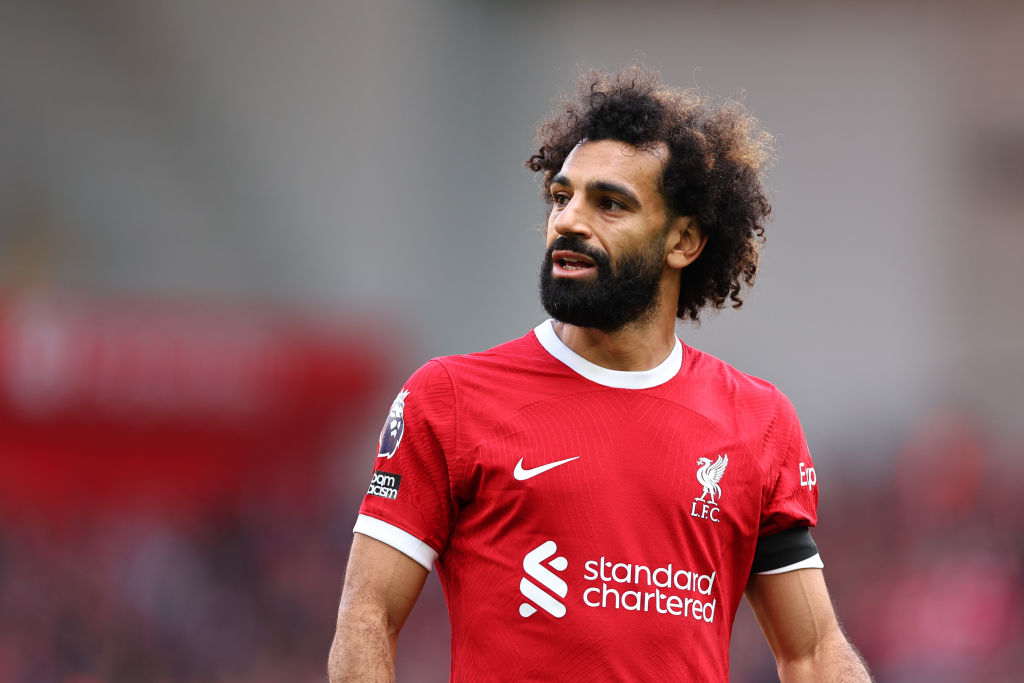Liverpool v Toulouse and multi-club ownership rules: All you need to know

Multi-club ownership in football is rarely out of the news for long and it is likely to crop up again on Thursday night when Liverpool host Toulouse in the Europa League group stage.
That’s because Toulouse is majority owned by US investment group RedBird Capital Partners, which also owns AC Milan and has an 11 per cent stake in Fenway Sports Group, which owns Liverpool – and the links don’t end there.
So as the trend continues to proliferate, what are the rules around multi-club ownership and what measures are in place to protect the integrity of European club football?
What are the rules on multi-club ownership?
In a nutshell, Uefa rules state that no person can be involved, directly or indirectly, in the management, administration or sporting performance of more than one club playing in European competition.
Links between Liverpool and Toulouse
RedBird entered European football by buying 85 per cent of Toulouse in summer 2020 and promptly hired former Liverpool recruitment guru Damien Comolli as president. The following April, the group took an 11 per cent stake in FSG.
How do the rules affect this game?
In practice, the rules mean that owners with stakes in more than one team have to run their interests entirely separately.
Amid concerns that they might not be admitted into the Europa League after winning the French domestic cup, RedBird founder Gerry Cardinale resigned from the board of Toulouse over the summer.
The bigger potential issue was that RedBird also own AC Milan, who could drop into the Europa League from the Champions League, but that move also headed off any issues with facing Liverpool.
Who else is affected?
Brighton’s owner also had to take steps to comply with Uefa rules on multi-club ownership after qualifying for Europe for the first time this season. Tony Bloom sold down his stake in Union Saint-Gilloise and pledged no transfers or any other type of cooperation with the Belgian club until at least next season.
Aston Villa’s owners, V Sports, had to do likewise with their Portuguese side, Vitoria Guimaraes, after they both also made it into European competition.
In one of the first cases of its kind, Red Bull-owned Leipzig and Salzburg had to convince Uefa that they operated separately to be admitted to the Europa League in 2017.
What is the future?
Uefa is under pressure to clarify what model of multi-club ownership, if any, will be permitted in future as the number of cases, fuelled by US investors, continues to rocket.
Red Bull and City Football Group now have global networks, Paris Saint-Germain’s owners have a stake in Braga and have eyed up a minority investment in the Premier League, where half of the clubs are already part of wider ownership portfolios.
Uefa has not shown its hand yet, although there is a sense that the horse has long since bolted.
